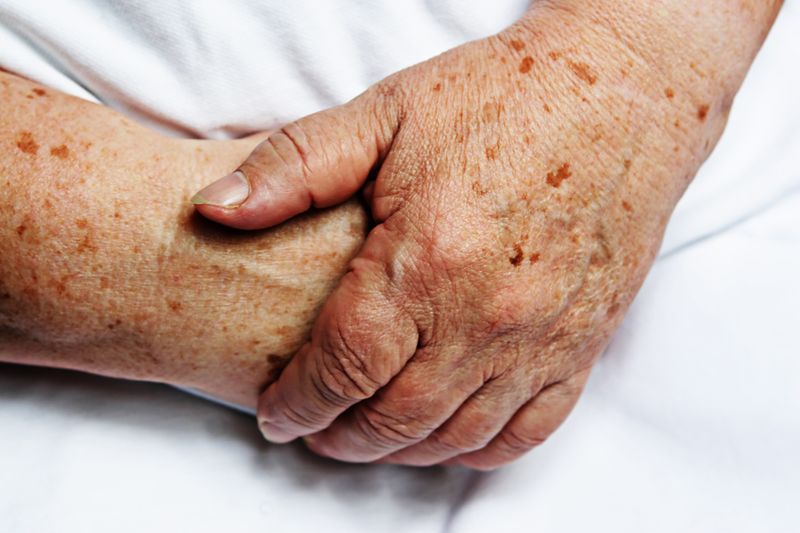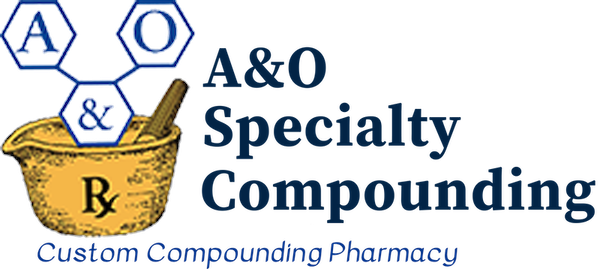Palliative Care
Explore our range of palliative care medications and services designed to enhance comfort and quality of life.

Compounded preparations can improve therapeutic outcomes, reduce side effects, and reduce the stress and discomfort associated with end-of-life care. Compounding medications for hospice patients is essential when other therapies fail or commercially manufactured medications are unavailable. If your patient requires alternative dosage forms, has allergies or side effects to commercially available products, or requires the use of multiple therapies combined into one medication, compounding pharmacists have the ability to customize compounded medications to meet these needs.
Treatment Options
Compounded preparations can be used to treat a variety of underlying conditions related to hospice and palliative care including:
- Chronic Pain
- Nausea/Vomiting
- Diarrhea
- Skin Infections
- Breakthrough Pain
- Constipation
- Skin Ulcers
- Anxiety
The following delivery forms may be available:
- Topical Gels/Creams
- Transdermal Gels/Creams
- Topical Ointments
- Oral/Sublingual Drops
- Capsules
- Flavored Oral Suspensions
- Suppositories
- Rapid Dissolve Tablets
- Lollipops
- Lozenges/Troches
Reviewed:July 23, 2014
- Updated:June 10, 2016
- Reviewed by: Beth Bolt, RPh
- References: Fletcher DS, et al. A Randomized Trial of the Effectiveness of Topical "ABH Gel" vs Placebo. J Pain Symptom Manage. 2014.Hokkam E, et al. The use of topical phenytoin for healing of chronic venous ulcerations.Int J Surg. 2011;9(4):335-8.Wildiers H, et al. Atropine, hyoscine butylbromide, or scopolamine are effective. J Pain Symptom Manage. 2009;38(1):124-33.Ramundo J, Gray M. Enzymatic wound debridement. J Wound Ostomy Continence Nurs. 2008;35(3):273-80.
- Source: RxWiki
- Managing Editor: Anyssa Garza, PharmD
